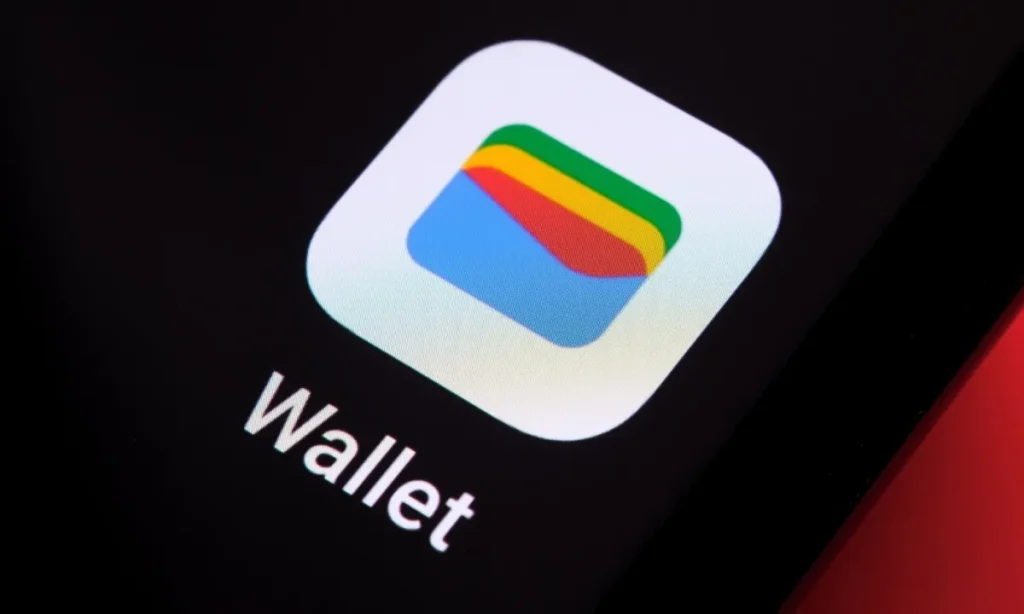In recent years, Singapore has positioned itself as a leader in the adoption of digital payment systems, particularly in the realm of cross-border transactions. Small and medium-sized businesses (SMBs) in the island nation are increasingly embracing digital wallets for international payments, enhancing both efficiency and customer experience. This shift marks a significant step forward in the country’s drive to become a regional hub for seamless digital transactions.
The Growing Trend of Digital Wallets in Singapore
As of 2025, over 240,000 businesses in Singapore accept PayNow, the country’s popular digital wallet platform, designed to facilitate fast, secure, and convenient peer-to-peer payments. Despite this impressive adoption rate, the use of digital wallets for cross-border payments remains relatively underdeveloped.
A recent survey found that only about half of Singaporean consumers are aware of digital wallets’ potential for international transactions. However, younger generations, particularly Millennials and Gen Z, are leading the way, with nearly half of these groups already utilizing digital wallets for cross-border payments (terrapay.com).
The potential of digital wallets to streamline cross-border payments is immense, offering a faster and more cost-effective alternative to traditional methods.

Cross-border payments have often been plagued by high transaction fees, lengthy processing times, and the need for multiple intermediaries.
Digital wallets provide a solution to these problems by enabling direct peer-to-peer transfers, bypassing the conventional banking system.
Cross-Border Payment Integration: A Regional Approach
In a major leap toward digital payments integration, Singapore has strengthened its partnerships with neighboring countries to facilitate cross-border transactions. One of the most significant advancements occurred in March 2023, when Singapore and Malaysia launched a cross-border QR code payment system.
This system allows users in both countries to make retail payments by simply scanning QR codes from participating financial institutions, streamlining payments and reducing the barriers typically associated with international transactions (mas.gov.sg, linkedin.com).
Furthermore, Singapore has expanded its payment infrastructure by integrating with Indonesia’s QRIS system, making it possible for consumers in both nations to make payments using the same QR code.
This partnership is part of a broader strategy to enhance the cross-border payment ecosystem in Southeast Asia, which is increasingly embracing digital solutions to overcome traditional banking limitations (en.wikipedia.org).
Financial Institutions Driving the Digital Payment Revolution
Singapore’s financial institutions are pivotal in driving the adoption of digital wallets for cross-border payments. DBS Bank, one of the country’s largest banks, has forged a partnership with Dubai’s Mashreq Bank to offer same-day cross-border payments for retail clients.
This collaboration allows individuals and businesses to send money across borders in as little as a few hours, covering over 130 currencies and 190 markets. The service is designed to provide users with a fast, secure, and affordable alternative to traditional remittance services (reuters.com).
Such partnerships reflect the ongoing efforts by financial institutions to simplify international transactions. The success of initiatives like these is essential for building trust in digital wallets, especially among businesses that may be hesitant to move away from traditional payment methods.
Overcoming Consumer Awareness Gaps
Despite the growing infrastructure and adoption among businesses, there is still a significant gap in consumer awareness regarding digital wallets and their use in cross-border transactions. Security concerns, a lack of understanding, and unfamiliarity with the technology have kept many consumers from embracing these solutions fully.
Educational campaigns and incentives from both governments and private sector players are vital to bridging this gap. The government of Singapore, through initiatives like Project Nexus, is working to establish an instant cross-border retail payments platform by 2026. This project aims to integrate digital payment systems across Southeast Asia, making it easier for businesses and consumers to conduct transactions in real-time across borders (reuters.com).

Future Outlook for Singapore’s Cross-Border Payments Landscape
The integration of digital wallets into the cross-border payment system is still in its early stages, but the potential for growth is substantial. As more businesses in Singapore embrace these technologies, the country is expected to become a regional leader in digital payment solutions, offering its SMBs a competitive edge in the global market.
While the adoption of digital wallets for cross-border payments continues to rise, the next challenge will be ensuring that both businesses and consumers are equipped with the tools and knowledge to fully capitalize on these innovations.
The success of initiatives like Project Nexus, combined with strong partnerships between financial institutions, governments, and private enterprises, will be key to achieving this goal.
In conclusion, Singapore is on track to become a global leader in digital wallets for cross-border payments. The nation’s SMBs are taking the lead, but the real success will depend on overcoming consumer education barriers and ensuring that the payment systems are secure, seamless, and user-friendly.
This article has been carefully fact-checked by our editorial team to ensure accuracy and eliminate any misleading information. We are committed to maintaining the highest standards of integrity in our content.

Deepak Grover is a dedicated content writer at OTE News, specializing in government affairs, public policy, and current events. With a keen eye for detail and a passion for factual reporting, he ensures readers receive accurate and insightful news. Deepak holds a degree in Political Science and has experience in research-driven journalism.
When not writing, he enjoys reading historical books, exploring hiking trails, and staying updated with global political trends. His commitment to ethical journalism makes him a trusted voice at OTE News.




